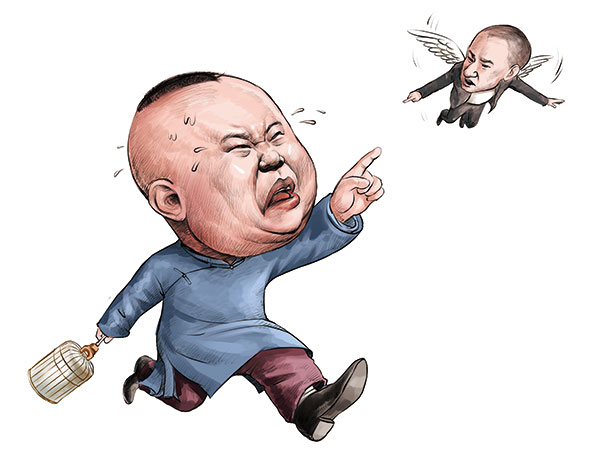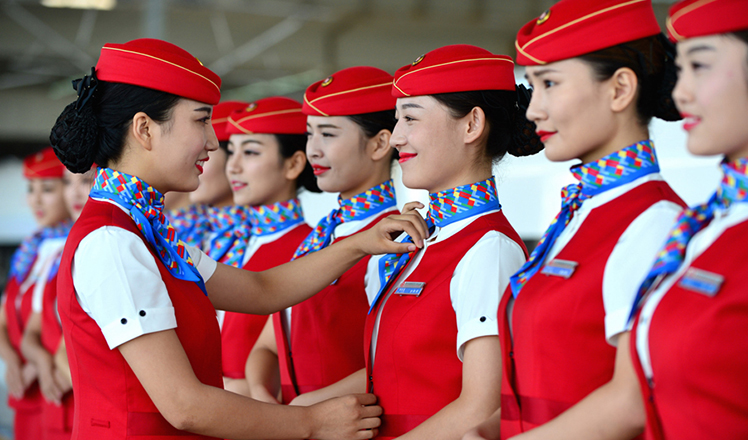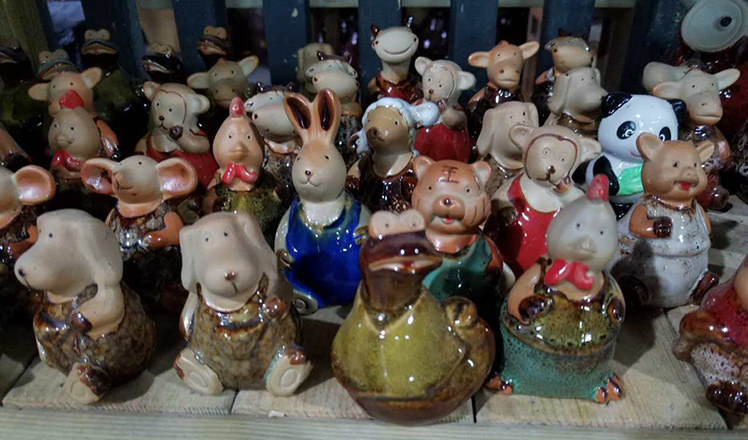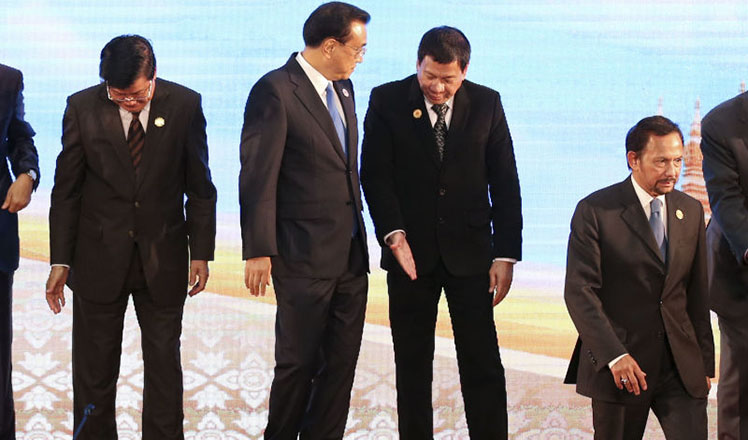Slaves to humor
Updated: 2016-09-12 07:34
By Raymond Zhou(China Daily)
|
||||||||
 |
|
[Photo by Cai Meng/China Daily] |
The fracas around a comedy star and his former apprentice has put a spotlight on China's outdated apprenticeship system, which is not the best way to train budding talent.
In 2010, Guo Degang and Cao Yunjin had a fallout. It took them six years to hang out the dirty laundry in public.
Both Guo and Cao are famous comedians specializing in the genre of cross-talk, or xiangsheng, which is the Chinese equivalent of standup comedy in the United States.
In 2002, Cao (born in 1986) became the apprentice of Guo (born in 1973). In recent weeks, Guo publicized a formal "family tree", in which each generation of apprentices are listed. A footnote specifies that two members with the word "yun" in their names have been expelled and Cao is one of them.
Guo requested Cao to remove "yun" from his stage name and the latter declined. Instead, Cao published a long article detailing all the "wrongs" Master Guo had done to him, which caused him to leave six years ago.
While Cao's accusations have not been corroborated, it is clear that his departure was not easy on his former boss, who considers it a "betrayal" and has all along railed against him in public albeit without naming names.
It is premature for an outsider like me to conclude who is in the right, but what is certain is that the apprenticeship tradition practiced in China for hundreds of years is seriously out of touch with reality.
When I was very little I heard that teenage boys would be given to "masters" to acquire certain skills, such as carpentry or masonry. Usually the parents of the kid were so poor that they could not afford to pay tuition for a regular school and would have one fewer mouth to feed as the kid stayed with the master, fed and clothed by that family.

A good master would have so many kids sent to him that he would send the incompetent away. The capable ones would "graduate" and work for him down the road.
Now that I think of it, it was indeed a variation of indentured servitude, but both sides entered the arrangement knowing full well what it entailed - that is, the master would teach for free, plus provide free food and lodging, and the apprentice would work for him without pay, at least for a certain length of time. Three years in the cross-talk world, it is said.
Of course there are differences from place to place and from vocation to vocation. In the 2016 film Song of the Phoenix the kids carried their own food when they were sent to stay with their master to learn the traditional musical instrument, the suona. That was a story set in the 1980s.
- Three women planning 'imminent' attacks arrested in France: minister
- China, Britain vow to deepen military exchanges, mutual trust
- British parliament to debate second Brexit referendum petition
- Chinese women find their way through the glass ceiling
- Rousseff leaves presidential residence in salutation
- Thousands of Chinese rally in Paris to call for 'security for all'

 15th anniversary of 9/11 attacks marked
15th anniversary of 9/11 attacks marked
 Yao Ming and Class of 2016 receive Hall of Fame jackets
Yao Ming and Class of 2016 receive Hall of Fame jackets
 Bullet train attendants strut new look in Xi'an
Bullet train attendants strut new look in Xi'an
 Ten photos from around China: Sept 2 - 8
Ten photos from around China: Sept 2 - 8
 Turning mud into work of art
Turning mud into work of art
 Unforgettable moments of Premier Li at ASEAN meeting
Unforgettable moments of Premier Li at ASEAN meeting
 Sights and sounds of Premier Li's visit to Laos
Sights and sounds of Premier Li's visit to Laos
 Six policy signals China sent at G20 Summit
Six policy signals China sent at G20 Summit
Most Viewed
Editor's Picks

|

|

|

|

|

|
Today's Top News
Trump outlines anti-terror plan, proposing extreme vetting for immigrants
Phelps puts spotlight on cupping
US launches airstrikes against IS targets in Libya's Sirte
Ministry slams US-Korean THAAD deployment
Two police officers shot at protest in Dallas
Abe's blame game reveals his policies failing to get results
Ending wildlife trafficking must be policy priority in Asia
Effects of supply-side reform take time to be seen
US Weekly

|

|









